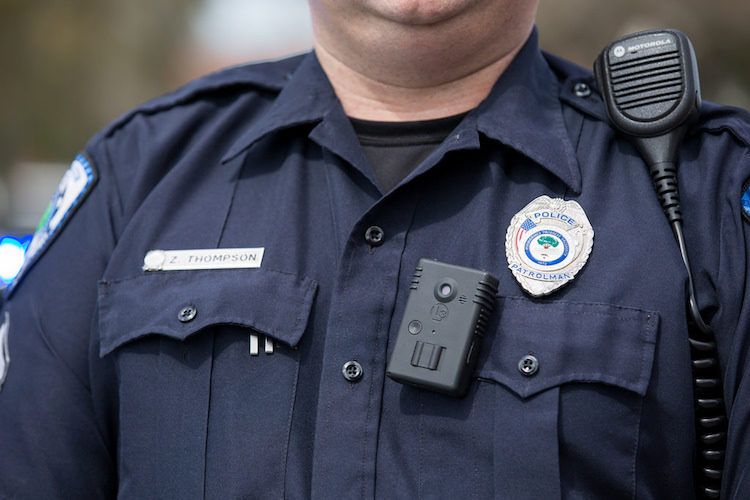
An overwhelming majority of residents of two Florida counties want police officers to use body-worn cameras (BWC). To the researchers surprise, most of the respondents who said they support use of BWC’s also thought that police did a good job.
According to the study, recently published in the journal Criminal Justice and Behavior, 797 people were surveyed over the phone in 2015 as police violence and body camera advocacy was just starting to attract broad media attention.
Body cameras were not being used in any law enforcement agencies that operated in the counties under analysis when the survey was held.
The researchers thought that broad support for use of body cameras would be shared among non-white young males. They also thought that people who have experienced positive encounters with law enforcement officials would see less benefit in having police use BWC’s.
The findings tell a different narrative. Non-whites, younger people, and people more concerned with crime did not believe body cameras would help improve police, resident behavior, or generate any other benefit, according to the study.
Further, the researchers note that calls for wider adoption of BWC’s have come as a result of police misconduct, such as reports of excessive use of force. Thus they assumed that people who thought that law enforcement agencies were doing a good job would not think that use of BWC’s would be of much benefit.
Again, the researchers found the opposite be true.
“More positive perceptions of procedural fairness are indirectly associated
with greater perceived benefits of BWCs,” the study reads. “Likewise, community members who believe the police are performing well also see greater benefit of BWCs.”
People living in Escambia County, Florida were surveyed over the phone from January 13 to February 18, 2015, and people who resided in Palm Beach County were surveyed from March 17 to May 5, 2015. The researchers used ASDE sampling software to generate a random representative sample of telephone numbers in each county: 477 people were interviewed in Escambia County and 320 people were interviewed in Palm Beach County. After removing some of the responses because of “missing data” a total of 670 residents’ responses were examined.
Most of the respondents were white, over 65 and female. Only 22.5 percent of the respondents identified themselves as non-white; 48.5 percent identified themselves as over 65; 57.8 percent identified themselves as female.
Specifically, 87.1% of respondents agreed or strongly agreed that BWCs will improve police officer behavior, while 79.4% agreed or strongly agreed that BWCs will improve residents’ behavior.
A major proportion of respondents thought that body cameras would publicize how police officers are doing a good job. An unexpected 77.6 percent of respondents agreed or strongly agreed that police use of body cameras “will improve views of police legitimacy.”
The researchers argue that supporters believed body camera footage could help contest cell-phone footage of officers misbehaving, and it could help curb baseless complaints filed against police officers.
In addition, 88.5 percent or respondents agreed or strongly agreed that body cameras will help police collect quality evidence. Respondents were less concerned with privacy issues, as just 11.4 percent said that body cameras invaded residents’ privacy, while 7.2 percent said that body cameras invaded police officer’s privacy.
The researchers called for further examination of more people living in other parts of the United States to gauge how people think and feel about body cameras and what causes such perceptions.


Comments
Loading…